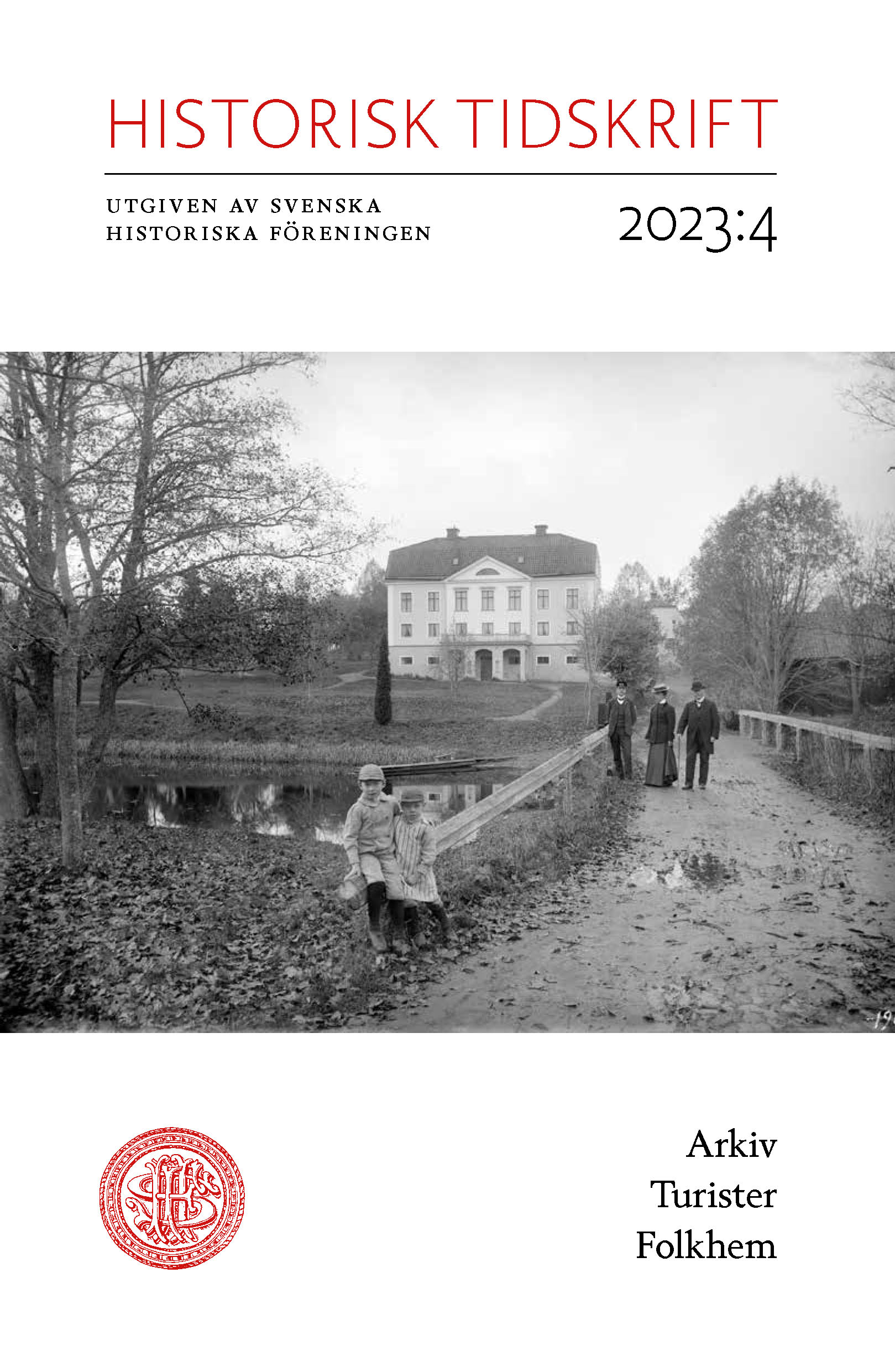Abstract
Female tourists: Women in the Swedish Tourist Association (STF), 1885–1910
The Swedish Tourist Association (Svenska Turistföreningen or STF) was started in 1885 by academic men interested in holidaying in the Scandinavian mountains. The organisation grew rapidly and by 1910 had 51,659 members. Unlike many alpine clubs internationally, STF welcomed women from the start, although in the 1890s women represented less than 10 per cent of the membership.
International studies of female tourists in the nineteenth century have generally focused on upper-class women who published books about their trips. I have studied all the female members of STF in 1889, finding a different picture of their social position. Of the 146 women, almost 75 per cent were unmarried or young widows, aged between 30 and 40, and living in towns. They often worked as teachers, sometimes as clerks. The majority were lower middle class. Married women, like their husbands, belonged to the upper middle class.
In the early days of the STF, its male members tended towards a hard, stoic masculinity inspired by Friedrich Nietzsche’s ”what does not kill me, makes me stronger”. Mountaineering was considered a proof of masculine strength, courage, and self-control. Yet more than one-third of the mountaineers who reached the top of the high mountains such as Sylarna were women. Female mountaineers threatened the masculine ideal: if women climbed the highest mountains it diminished the men’s achievements. Women were therefore told to leave the high mountains to the men, and instead stick to short tours in the valleys with a male guide.
Men’s travel accounts in STF’s yearbook had the typical colonial, tourist gaze – pejorative, distanced. Their attitude towards the Sami people living in the mountains in the north of Sweden was racist, sexist, and arrogant. The female tourist gaze was different. They argued against the men’s view, declaring that the Sami were civilised, helpful, and friendly. In this respect the study’s findings confirm earlier studies.
Unmarried women kept on mountaineering without men. Women wrote articles for the yearbook that argued for their right to climb any mountain, and to do so without male company. Many female members in STF, both married and unmarried, were feminists, active in women’s suffrage and women’s rights organisations. The right to climb mountains was one aspect of their campaigns.

